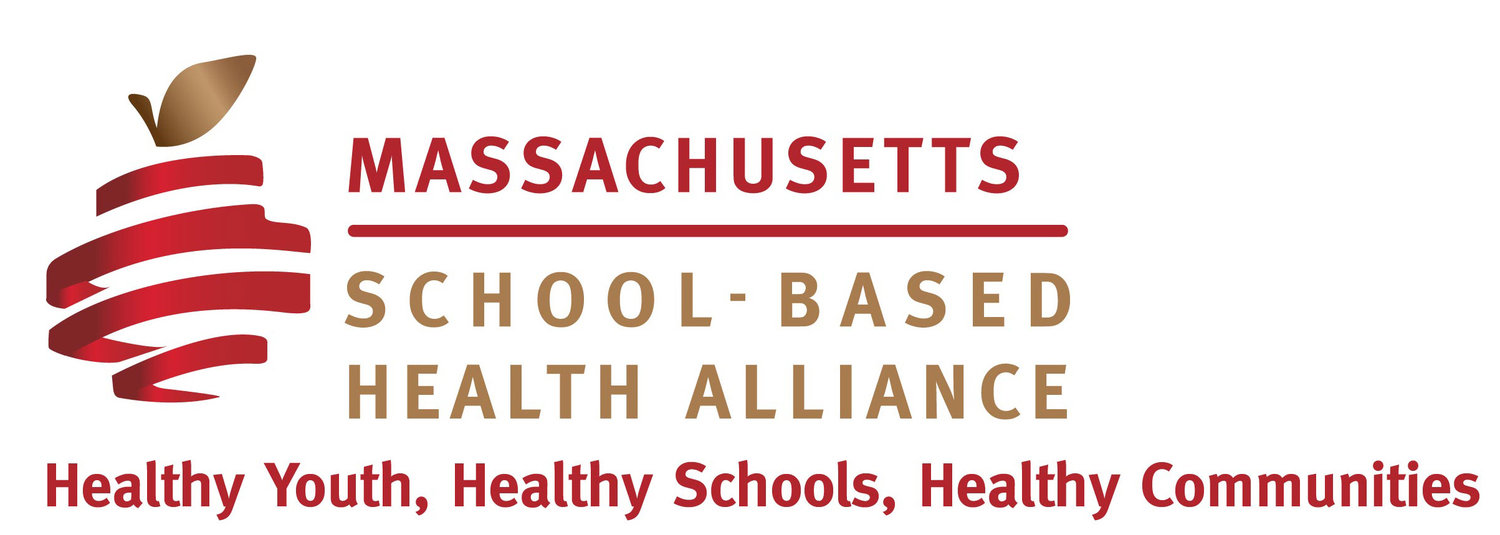Home: A reflection on SBHC, immigration, and the current border situation
By Kelsey Komich
“You have to understand, no one puts their child on a boat unless the water is safer than land”
Home. It looks different for everyone. Some of us were privileged enough to call home a place where we feel safe and protected. Many of us change homes throughout the course of our lives- sometimes in the same country where we were born, sometimes elsewhere. Unfortunately, we do not get to choose where we are born and what the circumstances are of that country. We do not get to choose when home no longer feels okay or is no longer safe for us or our children to live there. We do not get to choose when the comforts that home once presented are stripped away from us.
“I find myself asking my students- what does home feel like now? Do you feel safe here? Who is protecting you?”
In her poem entitled Home, Warsan Shire writes a beautiful testament to why someone might leave home or why a mother might send her child away from home, even if that journey is life threatening. Her line, “You have to understand, no one puts their child on a boat unless the water is safer than land” especially stands out to me when trying to paint the picture of the situation on the other side of the border to someone who may not be aware.
Here in Lynn, many of us are reminded daily of this reality when we work with the students in our school based health centers. In my personal experience, working primarily with new comers, I meet children who did not take a boat to get here per se, but do find themselves here because their own land was no longer safe. In fact, for most, walking in the desert, riding the top of a freight train, and swimming across a river was a safer option than staying at home. Maybe they came with their family members all together, or left home in hopes to reunite with one in the US. There is no one way in which one leaves home.
When I ask my students about what their home used to look like, they rarely define it as an easy place to live and grow up in, for various reasons. But it was home at one point, and there is always a level of love and pride for their countries that only begins to show me how hard the decision must have been to leave. These are children who have had their houses destroyed by earthquakes. Children who have lost family members to violence. Boys who have been gang recruited and kidnapped. Girls who have been trafficked and violated. Children who for the first 15 years of their lives had to create a relationship with mom and dad over the phone because circumstances had it that one or both of their parents had to leave home to make ends meet. Children who have had their parents ripped away from them without any notice. Children who have had years of interrupted education but manage to graduate from high school in a language that is not their native tongue while working two jobs. These same children are active in their local church communities, sports teams, like to dance and sing, watch YouTube makeup tutorials and are obsessed with their cell phones. They fill our hallways and offices with light and vibrancy while keeping us hip to all things that are teenage related. These are children with a dignity and humility so pure that you could never think of associating the words “illegal” or “alien” with them. They are not defined by their trauma, pain, immigration status or misfortunes that life may have dealt them; but by their resilience, strength and wisdom they bring to our clinic and schools daily.
“Because after all, they are children and every child deserves a safe home. ”
Now it is 2018 and for the last few months in my students’ new home of the United States there has been a “Zero Tolerance” policy implemented at the border. Families that once were given a chance to fight for their rights together are being separated at an overwhelming rate. They are enduring one incredibly difficult journey in search of relief only to be met with new, harsh policies that do not uphold the sanctity of the family that our country so proudly boasts. In light of all of this, I find myself asking my students- what does home feel like now? Do you feel safe here? Who is protecting you?
Although physically we are far from what is happening at the border, our work and our community are very much tied to it. I am grateful that I have colleagues and mentors that are teaching me through actions on how to provide hope through this work. By continuing to community build and advocate for those who are navigating this new place called home, I hope we can come together and provide families with a reassurance that they are welcome here. Because after all, they are children and every child deserves a safe home.
Kelsey Komich is a therapist in a school based health center. She has lived and worked in Guatemala and plans on continuing her work providing support and comfort with the most vulnerable children in our communities
